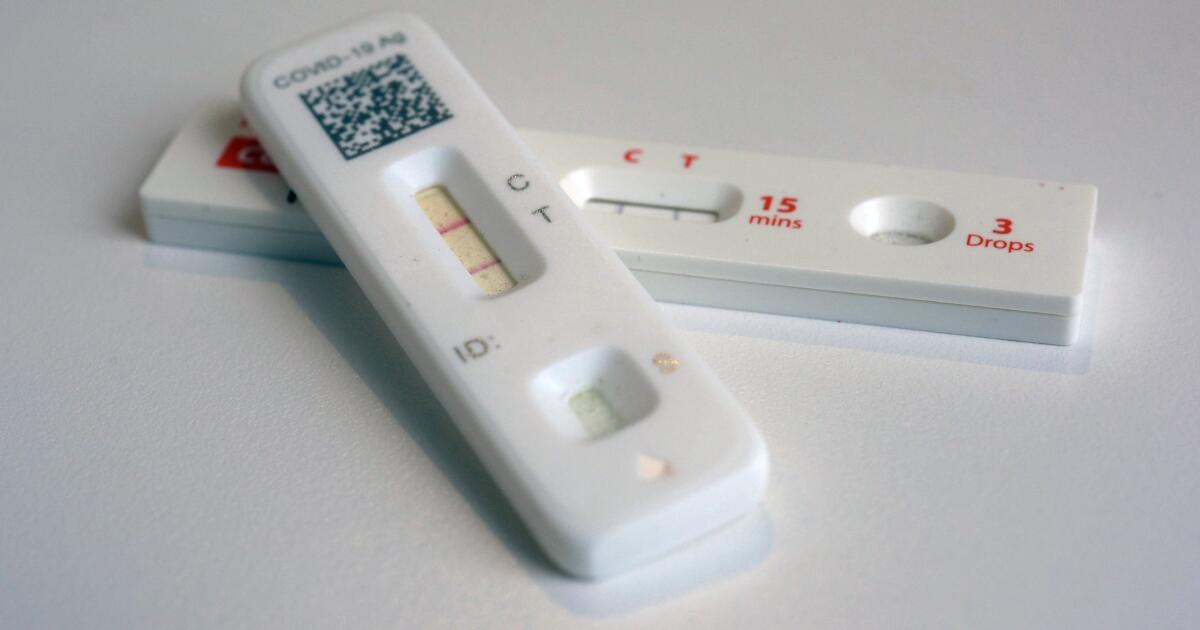Results Day Stress: Practical Tips For Neurodivergent Students

Welcome to your ultimate source for breaking news, trending updates, and in-depth stories from around the world. Whether it's politics, technology, entertainment, sports, or lifestyle, we bring you real-time updates that keep you informed and ahead of the curve.
Our team works tirelessly to ensure you never miss a moment. From the latest developments in global events to the most talked-about topics on social media, our news platform is designed to deliver accurate and timely information, all in one place.
Stay in the know and join thousands of readers who trust us for reliable, up-to-date content. Explore our expertly curated articles and dive deeper into the stories that matter to you. Visit Best Website now and be part of the conversation. Don't miss out on the headlines that shape our world!
Table of Contents
Results Day Stress: Practical Tips for Neurodivergent Students
Results day. The culmination of years of hard work, late nights, and countless anxieties. For neurodivergent students, this already pressure-filled day can feel exponentially more challenging. The sensory overload, the social expectations, and the potential for unexpected emotional responses can be overwhelming. But it doesn't have to be. This article offers practical tips to help neurodivergent students navigate Results Day with confidence and self-compassion.
Understanding the Unique Challenges
Neurodivergent students, including those with conditions like ADHD, autism, and dyslexia, often experience the world differently. This can significantly impact how they process information, manage stress, and cope with social situations. On Results Day, this might manifest as:
- Sensory Overload: Loud noises, crowded spaces, and bright lights can be incredibly distressing.
- Social Anxiety: The pressure to share results and celebrate with peers can be intensely overwhelming.
- Emotional Dysregulation: Unexpected emotional responses, ranging from intense anxiety to sudden bursts of anger or sadness, are common.
- Difficulty Processing Information: Understanding complex grading systems or interpreting feedback can be challenging.
Practical Strategies for a Smoother Results Day:
Before Results Day:
- Plan Your Day: Create a detailed schedule including travel arrangements, who you'll be with, and potential backup plans. Knowing what to expect can reduce anxiety significantly.
- Prepare a Sensory Toolkit: Pack items that can help manage sensory overload, such as noise-canceling headphones, sunglasses, fidget toys, or a weighted blanket. These tools can provide a sense of control and calm.
- Practice Self-Soothing Techniques: Learn and practice relaxation techniques like deep breathing exercises, mindfulness meditation, or progressive muscle relaxation. These can be invaluable in managing anxiety.
- Talk to Someone: Share your concerns with a trusted friend, family member, teacher, or counselor. Talking about your feelings can help alleviate stress and provide emotional support.
- Set Realistic Expectations: Remember that your worth isn't defined by your grades. Focus on your efforts and celebrate your achievements, regardless of the outcome.
On Results Day:
- Control Your Environment: If possible, choose a less crowded location to open your results. A quiet space at home or a library can provide a more comfortable environment.
- Take Breaks: Don't try to process everything at once. Take regular breaks to step away and calm down if you feel overwhelmed.
- Celebrate Your Successes: Regardless of the outcome, acknowledge your hard work and celebrate your achievements. Focus on the progress you've made, not just the final grade.
- Seek Support: Don't hesitate to reach out to your support network if you need help processing your results or if you're feeling overwhelmed.
After Results Day:
- Reflect, Don't Ruminate: Take time to reflect on your performance, but avoid getting stuck in negative thought patterns.
- Plan for the Future: Focus on your next steps, whether that's university applications, gap year plans, or alternative pathways.
- Prioritize Self-Care: Make time for activities that help you relax and recharge, such as exercise, hobbies, or spending time in nature. This is crucial for long-term well-being.
Remember, you are not alone. Many neurodivergent students experience similar challenges on Results Day. By preparing in advance and utilizing these strategies, you can navigate this significant milestone with greater confidence and self-compassion. Remember to prioritize your mental health and seek support when needed. You've got this!
Further Resources:
- [Link to a relevant support organization for neurodivergent students]
- [Link to a website offering mindfulness techniques for stress management]
- [Link to a blog post about positive self-talk]
This article aims to provide helpful advice and should not be considered a substitute for professional guidance. If you are experiencing significant distress, please seek help from a qualified mental health professional.

Thank you for visiting our website, your trusted source for the latest updates and in-depth coverage on Results Day Stress: Practical Tips For Neurodivergent Students. We're committed to keeping you informed with timely and accurate information to meet your curiosity and needs.
If you have any questions, suggestions, or feedback, we'd love to hear from you. Your insights are valuable to us and help us improve to serve you better. Feel free to reach out through our contact page.
Don't forget to bookmark our website and check back regularly for the latest headlines and trending topics. See you next time, and thank you for being part of our growing community!
Featured Posts
-
 Bryan Kohbergers University Peers Describe Ominous Behavior Before Idaho Student Slayings
Aug 21, 2025
Bryan Kohbergers University Peers Describe Ominous Behavior Before Idaho Student Slayings
Aug 21, 2025 -
 Carlos Rodons 13th Win A Look At His Five Strikeout Performance
Aug 21, 2025
Carlos Rodons 13th Win A Look At His Five Strikeout Performance
Aug 21, 2025 -
 Newly Released Files Reveal Disturbing Details About Bryan Kohberger Before Idaho Murders
Aug 21, 2025
Newly Released Files Reveal Disturbing Details About Bryan Kohberger Before Idaho Murders
Aug 21, 2025 -
 Yankees Pitcher Carlos Rodon Achieves 13th Victory With Five Strikeout Game
Aug 21, 2025
Yankees Pitcher Carlos Rodon Achieves 13th Victory With Five Strikeout Game
Aug 21, 2025 -
 Carlos Rodon Extends Win Streak Five Ks Highlight Strong Outing
Aug 21, 2025
Carlos Rodon Extends Win Streak Five Ks Highlight Strong Outing
Aug 21, 2025
Latest Posts
-
 Heatwave Warning Your Communitys Cooling Centers Are Open
Aug 21, 2025
Heatwave Warning Your Communitys Cooling Centers Are Open
Aug 21, 2025 -
 Yankees Pitcher Carlos Rodon Achieves 13th Victory With Five Strikeout Game
Aug 21, 2025
Yankees Pitcher Carlos Rodon Achieves 13th Victory With Five Strikeout Game
Aug 21, 2025 -
 Trump On Russia Ukraine Peace Talks Very Good Early Step Whats Next
Aug 21, 2025
Trump On Russia Ukraine Peace Talks Very Good Early Step Whats Next
Aug 21, 2025 -
 Reducing Stress During Results Day Support For Neurodivergent Learners
Aug 21, 2025
Reducing Stress During Results Day Support For Neurodivergent Learners
Aug 21, 2025 -
 Schools Reopen Covid 19 Cases Rise Southwest States Face Highest Infection Rates
Aug 21, 2025
Schools Reopen Covid 19 Cases Rise Southwest States Face Highest Infection Rates
Aug 21, 2025
